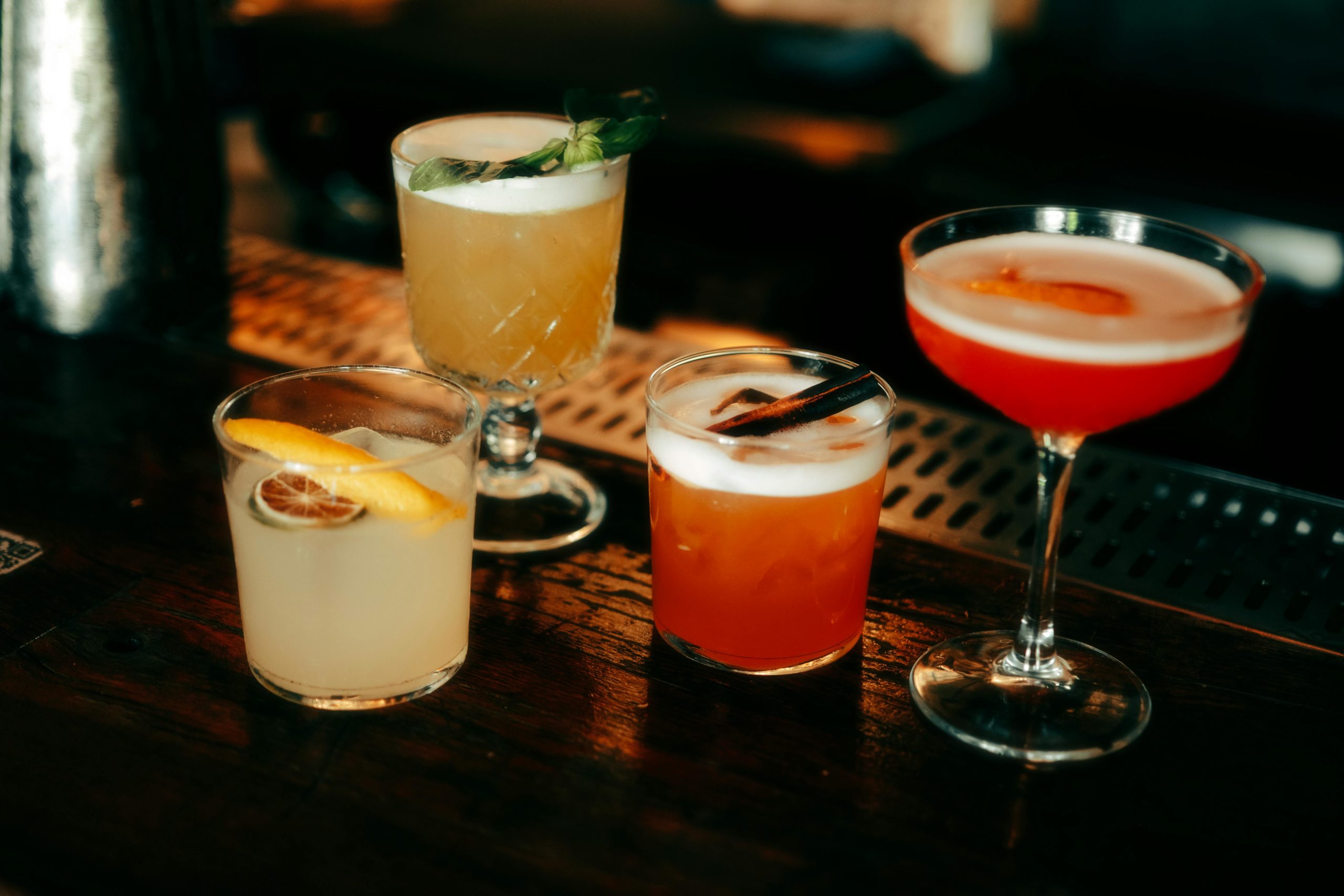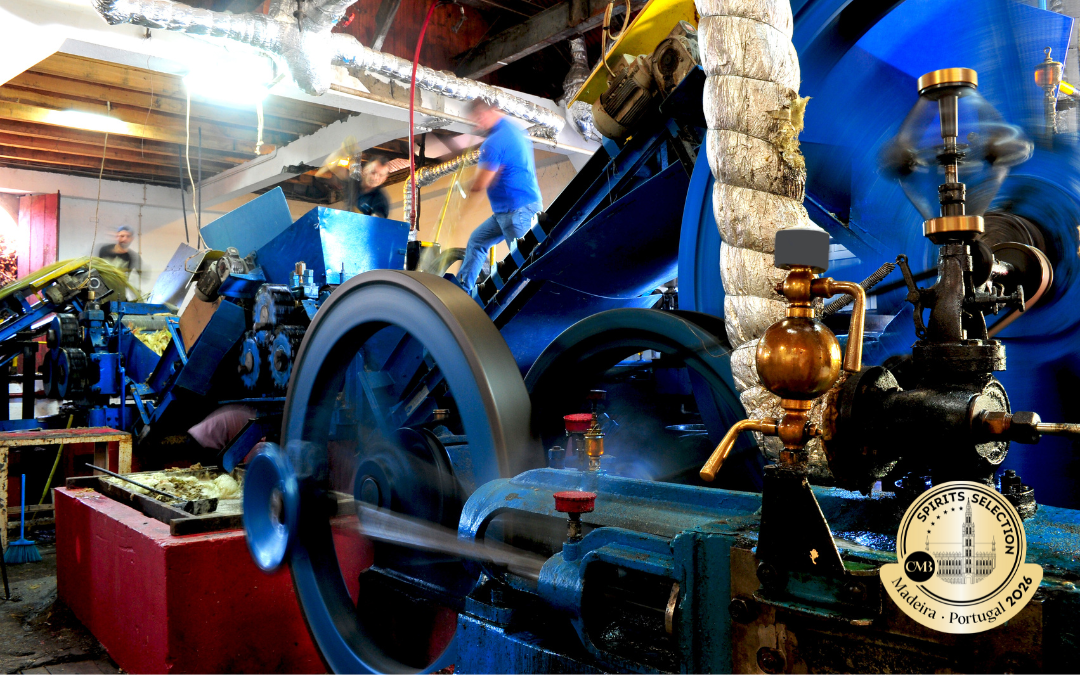Tequila and Tradition – more than just a spirit

The story-telling matters
In every corner of the spirits world, one thing remains universally true: story-telling matters. Beyond technical sheets, tasting notes, or production details, what ultimately connects people to a bottle is the story behind it —the people, the land, and the culture that shaped it. This belief has guided my work as a wine and spirit educator, communicator, and taster for years, and it was reaffirmed during my time in Mexico.
Though during my first visit, I was there to judge wines, it was impossible not to be struck by the omnipresence and quiet strength of Agave. Its presence was not just agricultural, but also very much: cultural. Visiting the Tequila Museum in Mexico City only deepened this connection. I began to understand Tequila not simply as a drink, but as a symbol —a distilled expression of heritage, identity, and evolution.
The market matters
Understanding the dynamics of the Tequila market in different regions is crucial for appreciating its global impact and potential. In Europe, Germany stands out as a significant player, while Hungary represents an emerging market with unique characteristics.
In Germany, the Tequila market has experienced notable growth. In 2025, the at-home Tequila market is projected to generate approximately USD 336.43 million in revenue. This trend reflects a growing appreciation for Tequila among German consumers, who are increasingly exploring premium and craft options.
Hungary, while a smaller market, is also witnessing a positive trajectory in Tequila consumption. The market in Hungary is expected to reach USD 5.34 million by 2025. Consumers increasingly opt not only for value for money but also a shift to premiumisation, a trend growing, the number amongst consumers who are interested in craft spirits grows.
The origin matters
As someone who has worked closely on establishing appellations in Hungary, I view designations of origin not as restrictive formalities, but as narratives in themselves. They speak of place, people, and craft —and offer a structure through which tradition can meet the modern market. Whether in wine or spirits, a strong story rooted in authenticity is not only a communication tool, but it also becomes a core value. The Tequila Appellation of Origin, officially established in 1974, is one of the most robust and respected systems of its kind. It defines Tequila’s identity —geographically, historically, and culturally. The beauty of appellation lies in its quiet power: it allows the land to speak through the spirit.
The culture matters
You can’t truly understand Tequila without understanding Mexico. Not just its geography or Agave cultivation, but its culture —the living, breathing identity expressed in music, food, art, and ritual. That became clear to me the moment I stepped into the Museo del Tequila y el Mezcal in Mexico City. What struck me wasn’t just the display of bottles or the explanation of production methods, but how deeply Tequila was woven into the national story —from the corridos and mariachi to contemporary art and cinema.
Tequila, like wine, is not just a product. It’s a cultural ambassador, a symbol that carries meaning far beyond its alcohol content. This is something I feel deeply as an educator. When I introduce Tequila to students and professionals in Hungary and beyond, I don’t just speak of Agave Tequilana Weber var. Azul or appellation laws —I speak of place, people, and pride. Tequila represents the resilience of heritage and the ongoing effort to preserve identity through craftsmanship.
Like Agave, cacao is native, sacred, and sometimes misunderstood. And like Tequila, it has suffered from decades of commodification. Yet when grown, fermented, and treated with respect, it becomes a fine product that tells a story of origin, labour, and tradition. The “Mesoamerican White Almond Cacao” is a criollo variety grown in Mexico often resembling a smooth acidity, light tannins, and creamy texture followed by spicy, and red fruit-driven characters. It’s no coincidence that Tequila and fine Mexican chocolate often pair beautifully —they speak the same cultural language.
Culture matters because it gives context. It allows us to understand why something tastes the way it does, and more importantly, why it matters at all. Without culture, Tequila would just be alcohol. With it, it becomes memory, emotion, and meaning —and that’s something worth preserving. I invite you to savour a glass of Tequila from Jalisco.
Kristian Kielmayer


